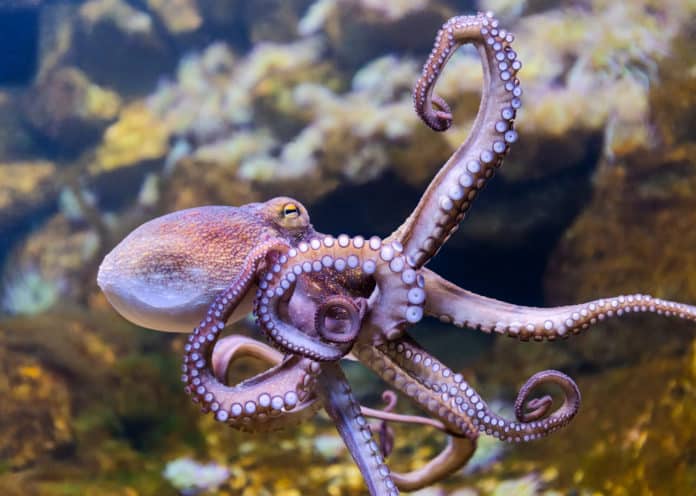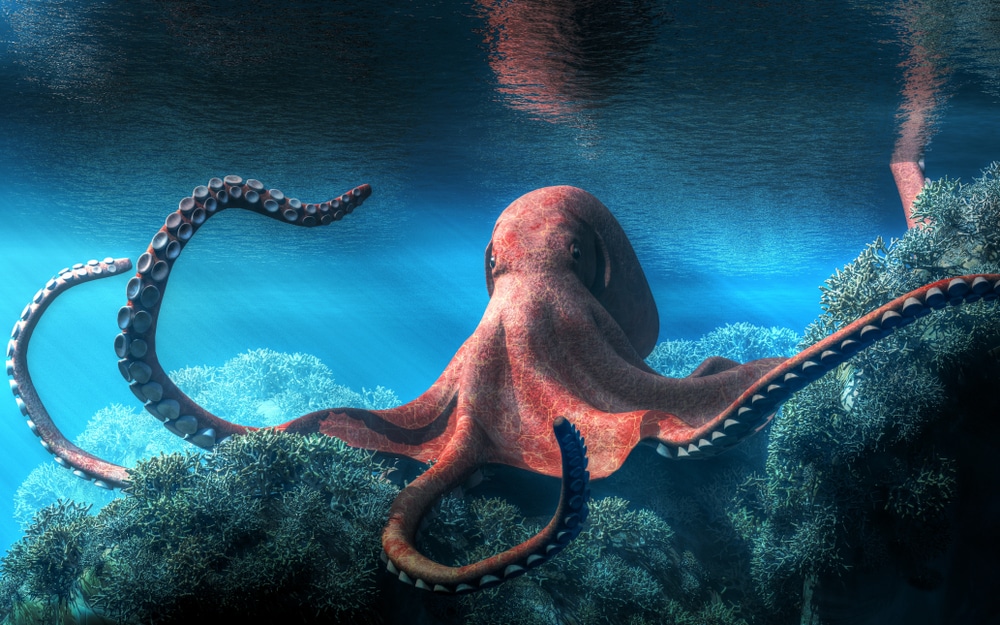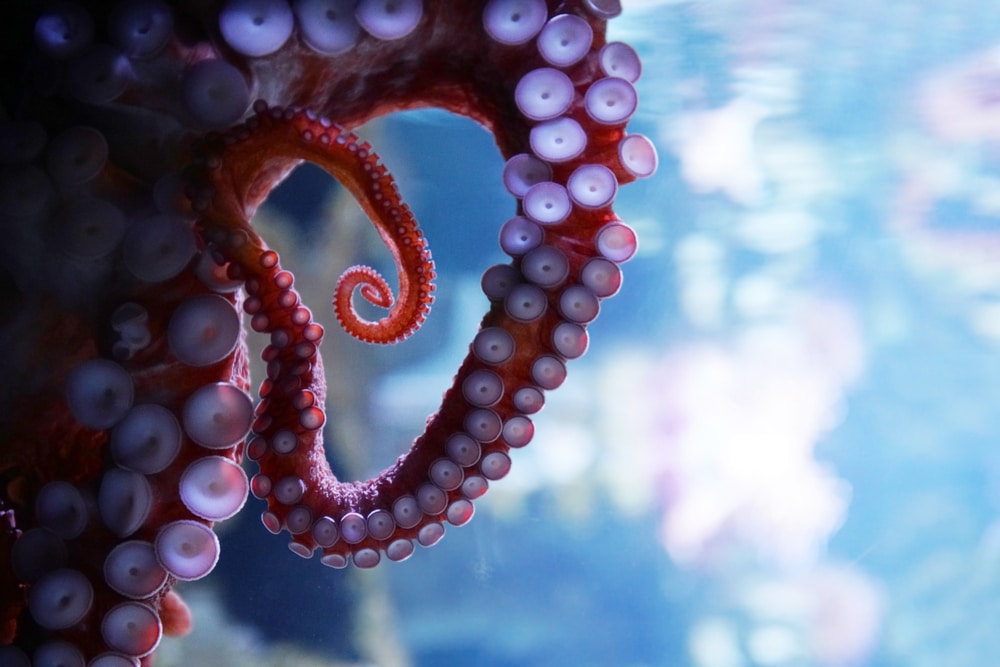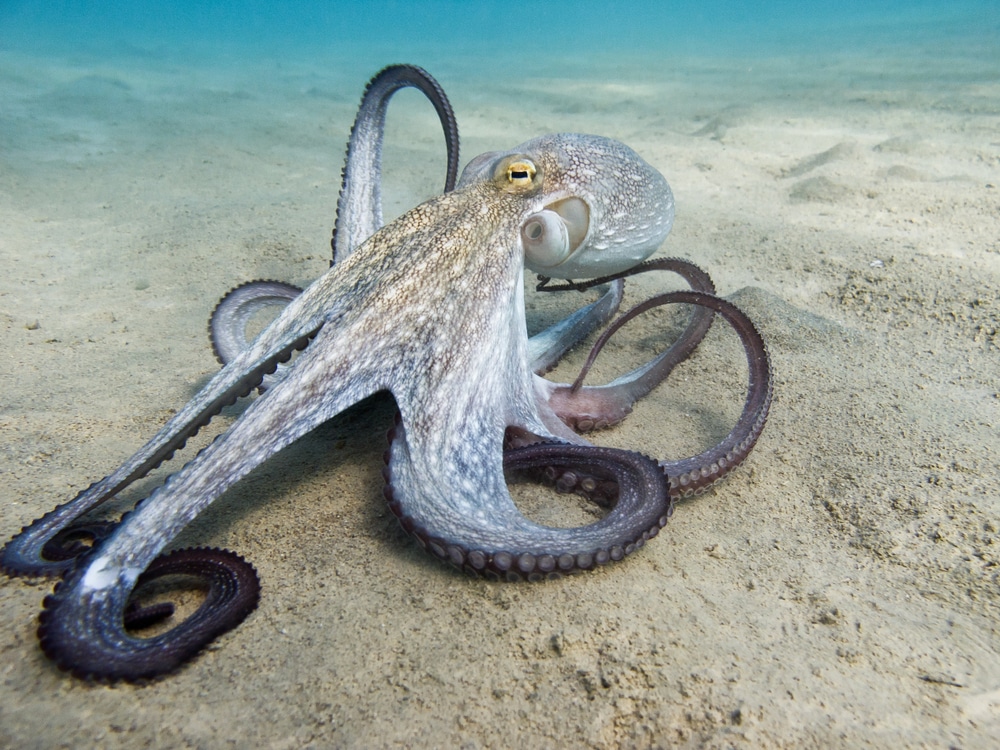
What are the contrasts between an octopus and an octopus?
Table of Contents

Nature is full of so numerous creatures that it is outlandish to number them precisely. To list them, a classification by family, order, branch and species has been created. And while each animal has a unique name, some specimens often sow doubt in people’s minds.
In the cephalopod family, the order Octopod has more than 200 distinct species. Color, size, habitat… Several criteria make it possible to differentiate them. Among them: the octopus. White octopus, spotted octopus, speckled octopus… Everyone knows what these invertebrates look like, whose muscular and agile tentacles make the deep sea famous.
However, at first glance, there is no physical difference between the octopus and the octopus. Same long arms with suction cups! Same way of getting around! Same reputation as an intelligent animal! So why does the octopus have another name?
If you want to finally lift the veil on this question that many people are asking, follow the guide!
Octopus or octopus, no difference!

Originally: the word octopus
The word octopus takes its etymology from the Greek word polypus, which means several feet. And for good reason! This invertebrate has 8 of them, hence its English name octopus.
Since Antiquity, it has fascinated Greek philosophers and often appears as a decorative motif on various supports. Then it was as a fantastic animal that he populated Scandinavian legends from the eighteenth century, before other representations in cinema and literature.
The appearance of the word octopus
It was in the nineteenth century that the word octopus began to be heard in everyday language.
Probably coming from the evolution of the word octopus in a dialect, this name is used by the fishermen of the English Channel. It reached the ears of Victor Hugo, during a stay on the island of Guernsey.
The writer then decided to use it in his work The Workers of the Sea. The success of this book was such that the word became commonplace.
Now you have the truth: whether you call it octopus or octopus, they are the same animal!
A unique morphology
An extraordinary cardiac system
The octopus’ head, with 2 piercing eyes, is a shell protected by several layers of cellular tissue.
Siphons are integrated, allowing it to project water with more or less force. It can thus propel itself quickly, most often to escape a predator from the great depths.
Famous tentacles

Attached around its mouth, which resembles a beak, its eight tentacle arms are long and equipped with suction cups on each side of the arm.
Each arm has its own nervous system, so they are used to hunt, reproduce and move very quickly. All without getting tangled or sticking to each other!
And if one of them is amputated, it will always grow back in the end!
Remarkable physical abilities
A well-developed brain
The octopus is considered to be a very intelligent mollusk, with an impressive memory. Its 500 million neurons allow it to solve certain problems, or even to develop strategies!
Becoming invisible
Thanks to its pigment cells called chromatophores, the octopus can change its skin color as it wishes, in a thousandth of a second.
A master in the art of camouflage, it blends into the environment by adapting its shape and hues, to hunt or protect itself.
A secret weapon
The black pouch is an intestinal organ filled with a dark liquid, which the octopus can empty at will. Thus, it makes itself invisible to its predators by blurring their view. The cloud of ink can persist for about ten minutes, so she has time to flee to safety.
A short and quiet life

Its habitat
Lurking on the seabed, the octopus hides in the rocks.
This solitary animal only accepts the presence of its conspecifics during the breeding season. Nestled in her refuge, she only goes out to hunt, or to look for an even safer space.
His diet
It is at dawn or dusk that the octopus goes to look for its food. Its menus are mainly made up of crustaceans, whose shells it pierces with its beak before rejecting it. Crabs, lobsters, but also bivalves are among his favorite dishes.
A programmed death
The lifespan of this cephalopod is quite short, 1 to 2 years on average. It is after laying and caring for her eggs for 6 weeks that the female octopus dies. Octopus or octopus: a legendary creature!
The largest octopus
Surely you’ve heard of the giant Pacific octopus?
Its arms are on average 3 m long and can sometimes exceed 4 m!
Stars among the octopuses
The kraken, a terrifying sea monster, is often depicted pulling an entire boat to the bottom, using its tentacles. This fantastic creature, from medieval Scandinavian tales, has often been considered a giant octopus. But wrongly, because in the end it is more like squid than octopus!
Among the most popular octopuses, remember Paul the octopus. This octopod impressed many fans during the 2010 FIFA World Cup, thanks to his predictions on match results!
The name octopus or octopus often depends on the region.





Can you be more specific about the content of your article? After reading it, I still have some doubts. Hope you can help me. https://www.binance.info/register?ref=P9L9FQKY
Thanks for sharing. I read many of your blog posts, cool, your blog is very good. https://www.binance.com/en-IN/register?ref=UM6SMJM3